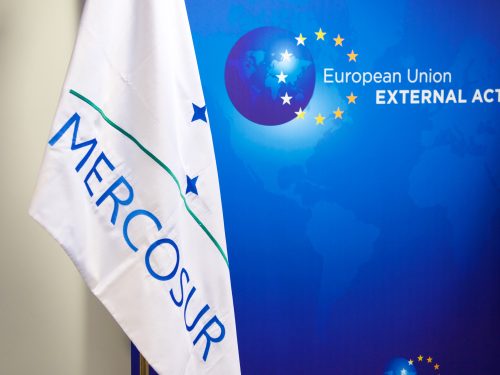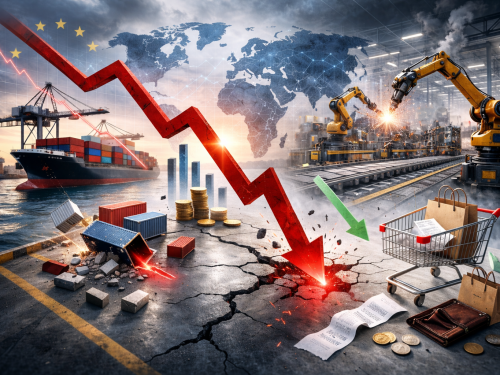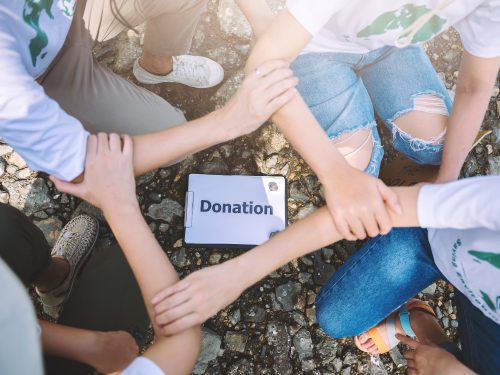News
Share on
'Involve companies in order not to lose NRP funds. It cannot only be the public that drives investments. E' Every effort must be made to open building sites for large, medium and small works, because they are essential to combat the hydrogeological risk that affects the whole of Italy and to bridge the gaps between areas of the country and with other European countries'. Cor so Giovanni Baroni, Vice President of Confindustria and President of Piccola Industria Confindustria, in an interview with Secolo XIX.
On the subject of the NRP, Baroni reiterated that Italy does not have a positive record in spending funds and in the speed of project implementation. So now the priority is not to lose these funds and use them in the best possible way. The plan needs to be recalibrated. Germany has already done so. According to the President of Piccola Industria, 'we have proposed to give the residual funds of the Pnrr to companies: there seems to have been an opening on this by Minister Fitto'. And for the works to be carried out, 'it is necessary to involve the private sector, which has always shown that it knows how to ground investments quickly with an immediate return to the community. It must not only be the public sector that is the engine of investment. Dedicated skills and offices are also needed to implement projects, where the public is the contractor. SMEs are more fragile and must be supported: procedures must be simplified to bring them into the game'.
On the subject of the energy crisis that 'still bites', according to Baroni, 'even if the price of gas has stabilised, touching in these days the lowest values since November 2021, the prices for next winter are higher and could remain so until the new renewable production capacity is available. We pay more for energy than the French and Germans, and it is high time that these gaps were eliminated, for the country's competitiveness depends on it. Then touching on the subject of nuclear power, Giovanni Baroni pointed out that our country 'is still bound by a referendum on technologies 36 years ago. Today they have changed, there is fourth-generation nuclear power, and I believe we can address the discussion on the merits, without taboos. If these technologies not only make us more independent and help in the process of decarbonisation, but also enable us to make ourselves safe, then it would be a good idea to reopen this chapter. Italy, moreover, boasts a supply chain of excellence that works abroad, and this is another reason why it should be protected'.
During the interview, the Piccola Industria leader spoke about interest rates and their impact on SMEs, emphasising that 'rising inflation and rates are a major concern, especially for small and medium-sized enterprises. The squeeze on credit does not allow companies to access traditional investment flows and this is causing a slowdown. Added to this is the uncertainty, which has increased as a result of the pandemic and the war in Ukraine. What is most worrying is not the difficulties in accessing new financing, but that the cost parameters for investments already made will be massively redefined, a phenomenon that would put companies in distress'.
Finally, the flood that hit Emilia Romagna was discussed during the interview. According to Baroni, 'this is certainly the time to count damages, compensation and reimbursements, but one of the immediate urgencies is to get companies moving again. We must help them not to lose customers, orders and market share. Confindustria immediately took action, but we need the support of all economic and institutional players. The work of Confindustria's Emergency Management Programme is carried out along two lines: one with the Civil Protection, with which we have a permanent coordination table through which we carry out continuous training and dissemination of the culture of prevention among companies; the second axis is the activities that are put in place during the emergency phase. From the territories come requests for goods and services, such as water pumps and shovels, earth moving equipment, or basic necessities. Thanks to the Confindustria network, we are able to get the necessary products and means to them quickly.




